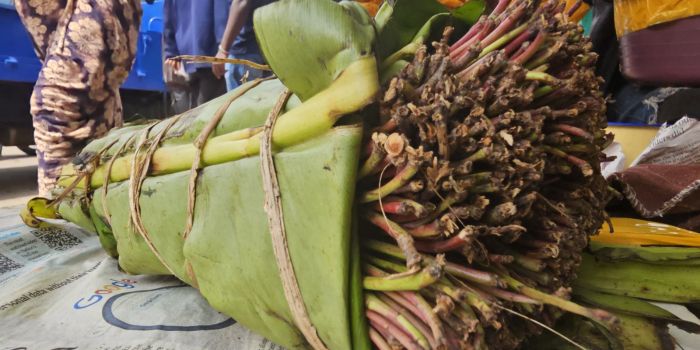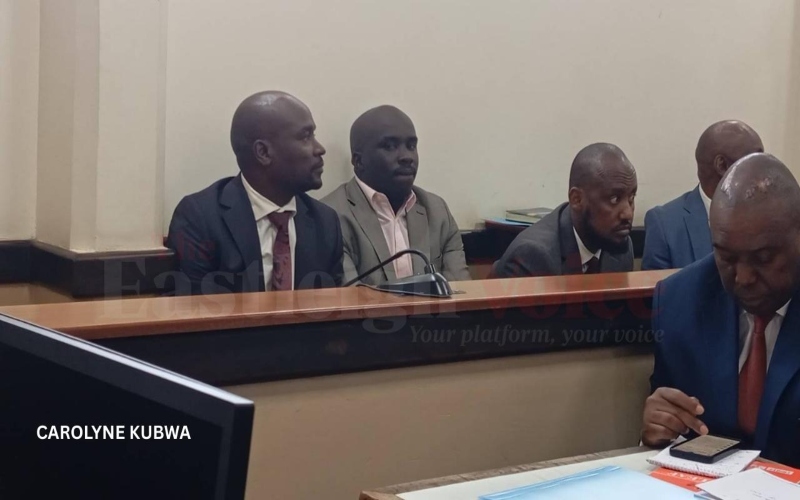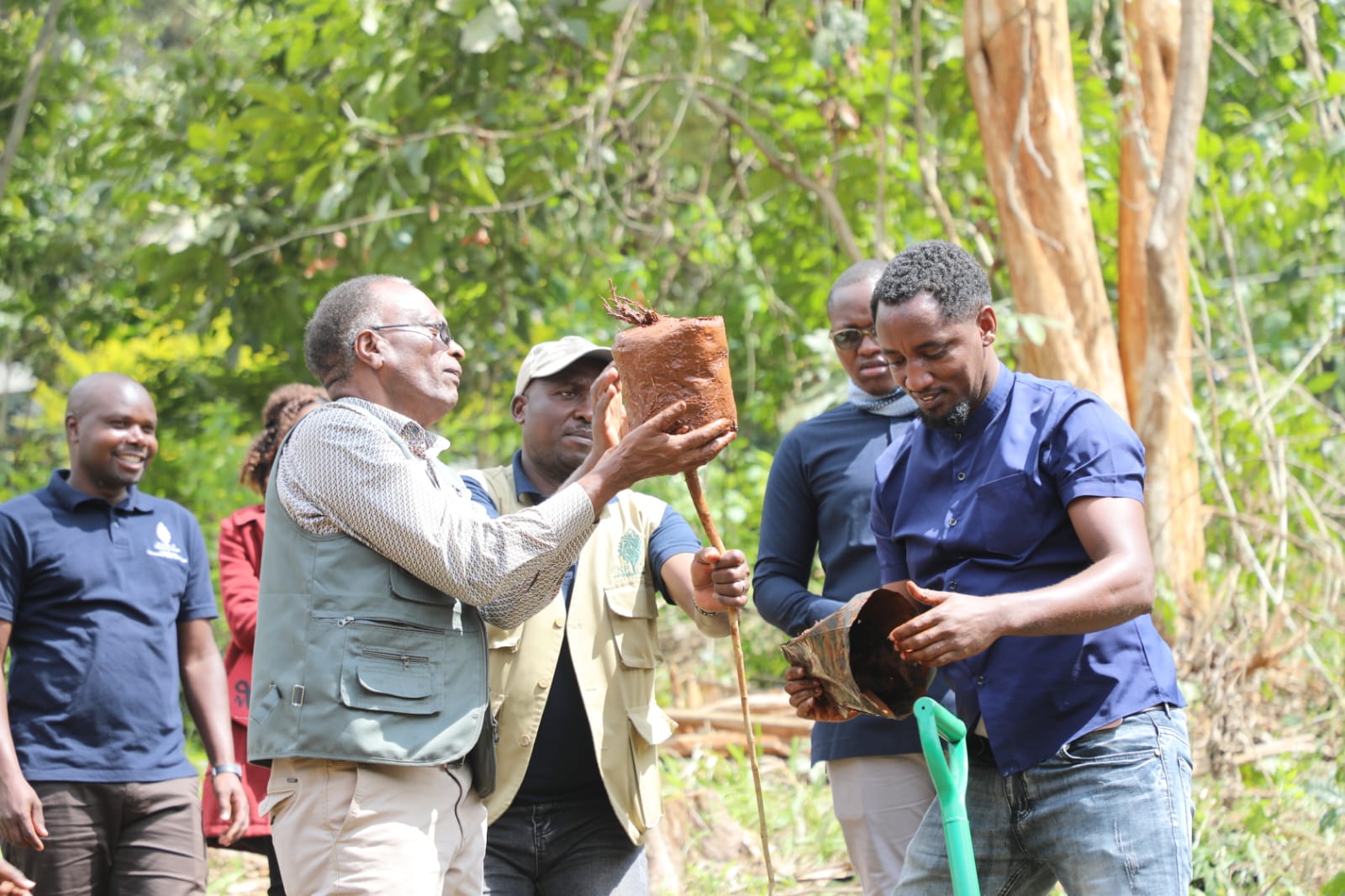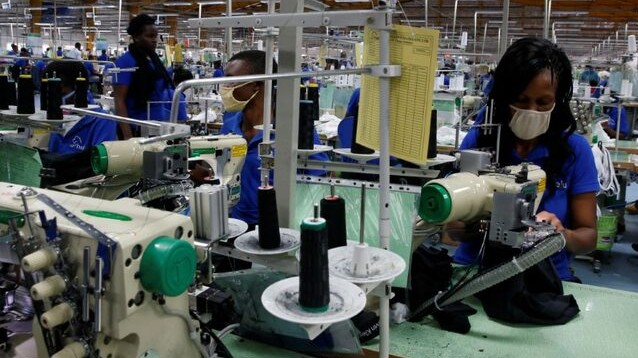Government steps up push for miraa cooperatives to enhance oversight, security

Officials say the move will make it easier to track the movement of the crop across the country and strengthen organisation among producers.
The government has announced plans to bring miraa farmers and traders under cooperative societies as part of efforts to improve oversight, reduce theft, and enhance accountability in the sector.
Officials say the move will make it easier to track the movement of the crop across the country and strengthen organisation among producers.
More To Read
- Murkomen orders crackdown on reckless miraa vehicles along Mwea–Embu highway
- Frequent cannabis busts reveal depth of Kenya’s ongoing war on drugs
- Kenya secures Djibouti as new miraa export market in major boost for farmers
- MPs demand tough action on reckless miraa drivers
- Miraa farmers struggle to sell produce as traders reject new prices in Kagwe's directive
- City Hall gets approval to begin construction of Miraa Market in Ziwani estate
Speaking at a forum in Mombasa on Monday, September 1, 2025, Cooperatives Principal Secretary Patrick Kilemi said stakeholders in the miraa industry have already been engaged to ensure smooth implementation of the framework.
He noted that cooperatives will help farmers gain more leverage in negotiations and create a more organised trading system.
“We want to work with these groups so that we can control the supply side of miraa through cooperatives. If production is high, we can manage it. While we have no control over demand, we can regulate supply,” Kilemi said.
Kilemi added that a coordinated system would make monitoring the flow of miraa simpler, reduce diversion during transport, and maintain accurate records of production and sales.
He also highlighted that the new structure could support marketing strategies and expand potential export opportunities for the crop.
Leaders from Meru County, the top producer of miraa in Kenya, expressed support for the initiative but called for additional technical and financial assistance to farmers. Tigania East MP M’puru
Aburi emphasised the need for proper management of cooperatives to prevent losses.
“We have seen problems with cooperatives in tea farming, where produce sometimes goes missing during transit. As leaders, we are asking that such mistakes are not repeated in the miraa sector,” Aburi said, stressing that farmers’ earnings must be protected.
Miraa continues to be an essential source of income and employment for many households in Meru and neighbouring counties, supporting farmers, traders, and transporters alike.
The sector, however, has faced challenges including market instability, price fluctuations, and restrictions in some export destinations.
Through cooperative regulation, the ministry aims to reduce losses, improve transparency, and create a sustainable system that benefits all players in the miraa trade.
Top Stories Today













































